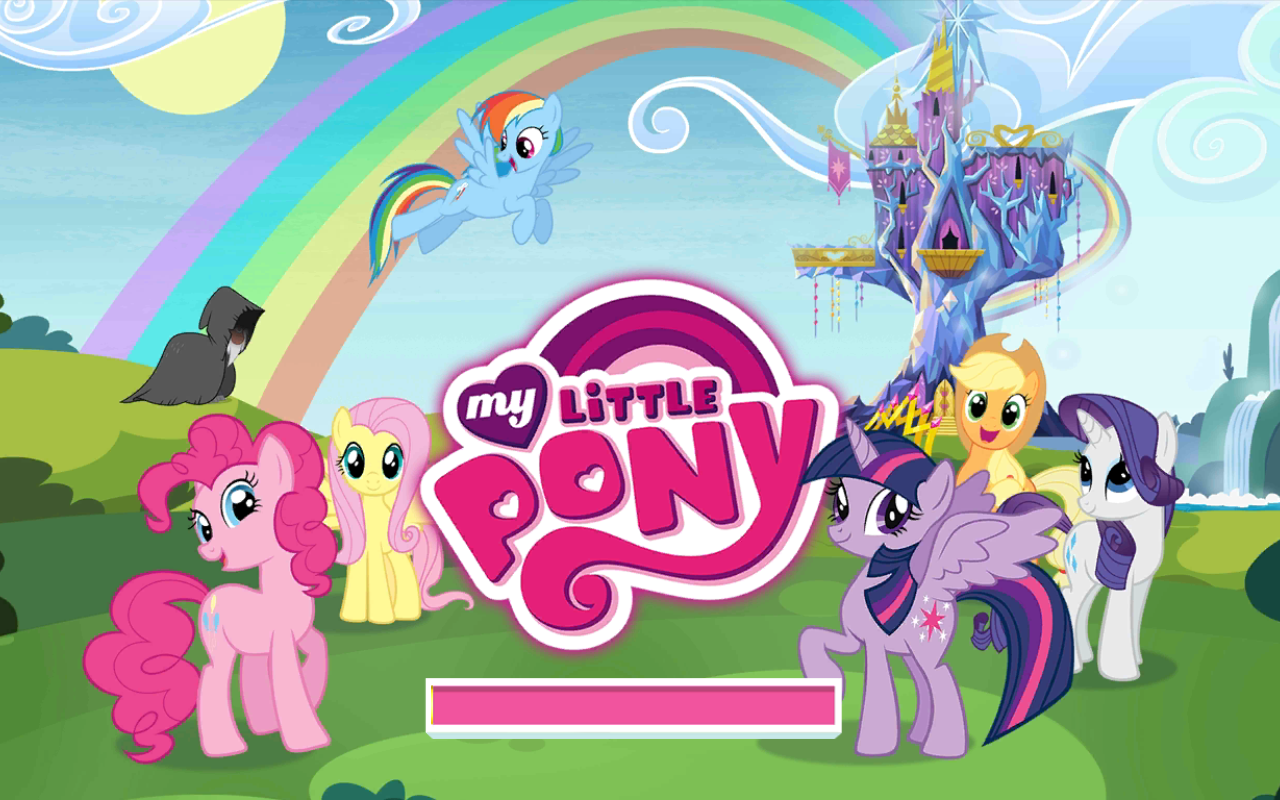Public interest lobby Taxpayers’ Union alleges that “at least” $15 million worth of money has been handed over to the departing Paris-based Gameloft video games company. The claim remains unchallenged.The French company opened up shop in Auckland 2010 and the handouts followed. In the intervening years it produced a number of notable computer games with a New Zealand flavour including Zoo Rescue, My Little Pony, and The Littlest Pet Shop.Curiously the Taxpayers Union allegation of the $15 million of public money channeled to the French firm equates to a widely quoted industry figure on the budget of getting one of these types of computer games onto the consumer market.The Taxpayers Union has laid the matter at the feet of Steven Joyce MP, the government’s de facto industrialisation operations nurturing supremo. The Union cites the affair as an example of the folly of the “picking winners,” criterion.Even so, a New Zealand pre-eminence in computer games was originally detected by the EU zone at least five years before Gameloft established itself here. The interest had much to do with the Wellington-based Sidhe games company.It was now that the tertiary education sector here pricked up its ears, devised courses, and started incubating early entrants.This active encouragement met two other central criteria of the millennial era. These were the twin thrusts known as Centres of Excellence and Competitive Edge.The EU zone meanwhile since the 1970s identified New Zealand with its passion for anything new as a test-bed for new electronic developments, notably those of Philips of Eindhoven.So what went wrong in Gameloft’s Parnell, Auckland, games loft? One of the reasons that labour-intensive electronics companies seek to extend beyond France is to escape the high production costs.These are due to things such as the extraordinary short number of hours that people work in France even in comparison with other EU members.But a long running labour dispute saga indicates that Gameloft in Parnell was running into the very problem from which it sought to escape by setting up in New Zealand.The closure of a collection of the French company’s other satellite outfits in other developed countries and a re-settlement in Nigeria is another sign of a shift in Gameloft global production strategy.Computer games remains a sector of the consumer electronics industry still remarkably reliant on much heavy lifting at the human input end.In video and cinematographic production Nigeria ranks alongside the United States and India.The Taxpayers Union stems from a political action group dedicated to extricating New Zealand from parliamentary proportional representation.After the referendum, in which it was not successful, it identified a vacuum in the sphere of non-essential bureaucratic expenditure, especially that of a lavish description, a beat once filled by the press. In this populist watchdog role it appears to have built up a cadre of whistle blowers.Its signature campaign is the one against state donations to industry, such as the money to Gameloft.Such “corporate welfare,” as the Union describes it, under the National-led Government currently costs $752 per household per year, the Union claims.In adding up the handouts to Gameloft, the Union also invokes questioning of technology transfer, an enduring criterion for state money to corporate enterprises.New Zealand has been a major player in video, attracting the interest of Apple among others, since the early 1980s. Thus it is not immediately apparent in this Taxpayers Union revelation in which direction the transfer moved: France to New Zealand? Or, New Zealand to France?The thorniest element of the Taxpayers Union communique as far as the government and its allocating agencies are concerned is the claim that $14 million of the total $15 million was handed over by the government to the French company since 2014.By this time and in view of the continuing labour dispute, the French computer games multinational can be viewed as planning its shift to a lower cost jurisdiction.
FRom the MSCNewsWire reporters' desk

